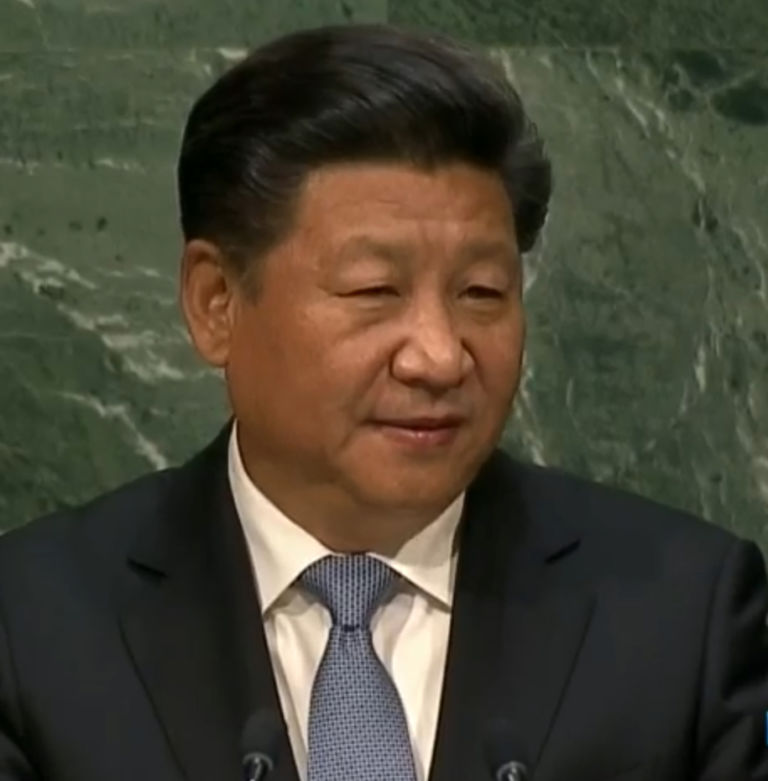Historian Paul Johnson devotes his latest Forbes column to the potential dangers associated with rogue states pursuing nuclear weapons.
Today’s three superpowers–the U.S., Russia and China–have no conflicts of interest that can’t be resolved through compromise. All have hair-trigger nuclear alert systems, but the sheer scale of their armories has forced them to take nuclear conflict seriously. Thus, in a real sense, nuclear weapons have succeeded in abolishing the concept of a winnable war.
The same cannot be said, however, for certain paranoid rogue states, namely North Korea and Iran. If these two nations appear to be prospering–that is, if their nuclear threats are winning them attention and respect, financial bribes in the form of aid and all the other goodies by which petty dictators count success–other prospective rogues will join them.
One such state is Venezuela. Currently its oil wealth is largely wasted, but it is great enough to buy entree to a junior nuclear club. Another possibility is Pakistan, which already has a small nuclear capability and is teetering on the brink of chaos. Other potential rogues are one or two of the components that made up the former Soviet Union.
All the more reason to ensure that North Korea and Iran are dramatically punished for traveling the nuclear path. But how? …
… The most effective, yet cold-blooded, way to teach these states the consequences of continuing their nuclear efforts would be to make an example of one by destroying its ruling class. The obvious candidate would be North Korea. Were we able to contrive circumstances in which this occurred, it’s probable that Iran, as well as any other prospective rogues, would abandon its nuclear aims.


